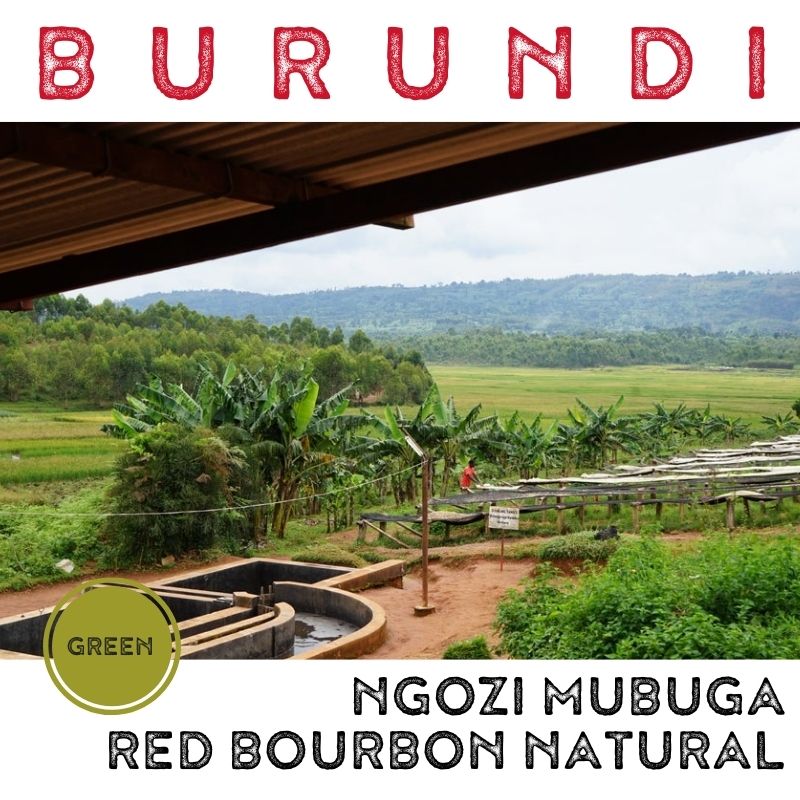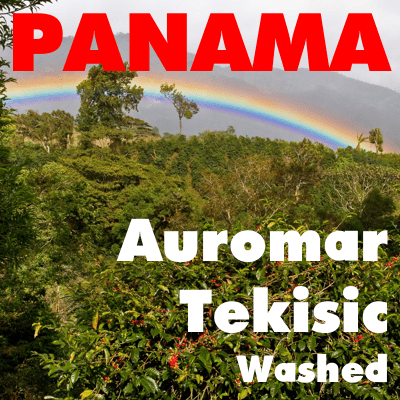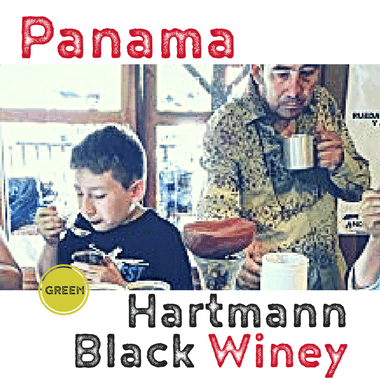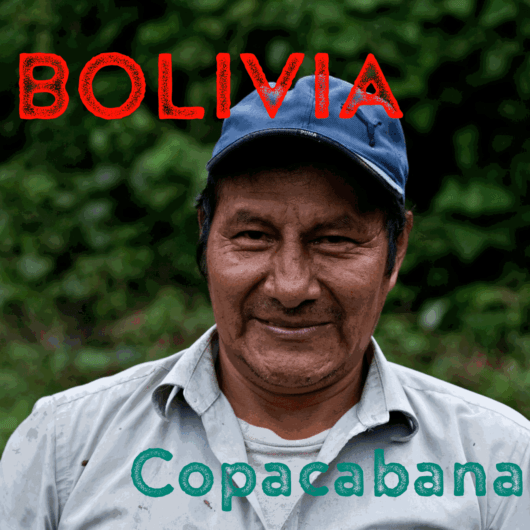Description
Region: Ngozi
Varietal: Red Bourbon
Altitude: 1500m + above sea level
Processing: Natural
Farmers: Small handholders
Producer: Mubuga Washing Station owned Bugestal,
In the cup: Bakers Chocolate, blueberry, papaya and raisin.
Bugestal serves farmers by providing great prices for delivered cherry and by ensuring training in good agricultural practices. Their investment can be seen in the quality of the coffees they bring to market.
Mubuga washing station is located 1,500+ meters above sea level. Farmers who deliver their cherry to the station farm an average of 250 trees on the surrounding hills.
Most coffee trees in Burundi are Red Bourbon. Because of the increasingly small size of coffee plantings, aging rootstock is a very big issue in Burundi. Many farmers have trees that are over 50 years old, but with small plots to farm, it is difficult to justify taking trees entirely out of product for the 3-4 years it will take new plantings to begin to yield. In order to encourage farmers to renovate their plantings, Bugestal purchases seeds from the Institut des Sciences Agronomiques du Burundi (ISABU), establishes nurseries and sells the seedlings to farmers at or below cost. At the washing station, farmers can also get organic fertilizer from reconverted coffee pulp.
Despite the ubiquity of coffee growing in Burundi, each smallholder producers a relatively small harvest. The average smallholder has approximately 250 trees, normally in their backyards. Each tree yields an average of 1.5 kilos of cherry so the average producer sells about 200-300 kilos of cherry annually.
During the harvest season, all coffee is selectively hand-picked. Most families only have 200 to 250 trees, and harvesting is done almost entirely by the family.
Quality assurance begins as soon as farmers deliver their cherry. All cherry is floated in small buckets as a first step to check its quality. Bugestal still purchases floaters (damaged, underripes, etc) but immediately separates the two qualities and only markets floaters as B-quality cherry. After floating, the higher quality cherry is sorted again by hand to remove any damaged, underripe and overripe cherries.
After sorting, the cherry is then transported directly to the drying tables where they will dry slowly for 3-4 weeks. Cherry is laid out in a single layer. Pickers go over the drying cherry for damaged or defective cherry that may have been missed in previous quality checks. The station is very strict about allowing only the highest quality cherry to complete the drying process. Cherry is covered with tarps during periods of rain, the hottest part of the day and at night.
The average cherry buying price for Bugestal in 2019 was significantly above average. Stations make the first payment to farmers between 15-30 June. The second payment comes later in the summer. If the coffee wins a competition or sells for extremely high specialty prices, Bugestal gives another payment approximately a year after the harvest season.
Once dry, the parchment coffee is then bagged and taken to the warehouse. Bugestal’s team of expert cuppers assess every lot (which are separated by station, day and quality) at the lab. The traceability of the station, day and quality is maintained throughout the entire process.
Before shipment, coffee is sent to Budeca, Burundi’s largest dry mill. The coffee is milled and then hand sorted by a team of hand-pickers who look closely at every single bean to ensure zero defects. It takes a team of two hand-pickers a full day to look over a single bag. UV lighting is also used on the beans and any beans that glows—usually an indication of a defect—is removed.
The mill produces an average of 300 containers of 320 bags per year. Budeca is located in Burundi’s new capital city, Gitega, with a population of around 30,000 people. Since there are approximately 3,000 people working at the mill, mostly as hand pickers, this means that Budeca employs nearly 10% of the total population in Gitega for at least half the year (during the milling season). The same is true in the provinces of Ngozi and Kayanza, where Greenco and Bugestal are the first employers in the region during the coffee harvest season. This has an incalculable impact on a country like Burundi, with unemployment rates above 50%, especially in rural areas and among young people.
Bugestal’s headquarters are located in Ngozi Province in the Northern part of Burundi, approximately 150km from Bujumbura, the largest city and previously the capital of Burundi. Bugestal operates nine washing stations in Ngozi and Muyinga provinces and works with more than 15,000 farmers. Coffee washing stations are all certified by UTZ, 4C and C.A.F.E. Practices. Bugestal is part of the Sucafina Group, a family owned coffee company promoting farm-to-roaster trade. Bugestal creates social impact at origin using farm-direct supply chains and works in collaboration with the Kahawatu Foundation to help farmers improve their livelihoods through the increase of coffee production.
(Info Courtesy of Sucafina)






Reviews
There are no reviews yet.